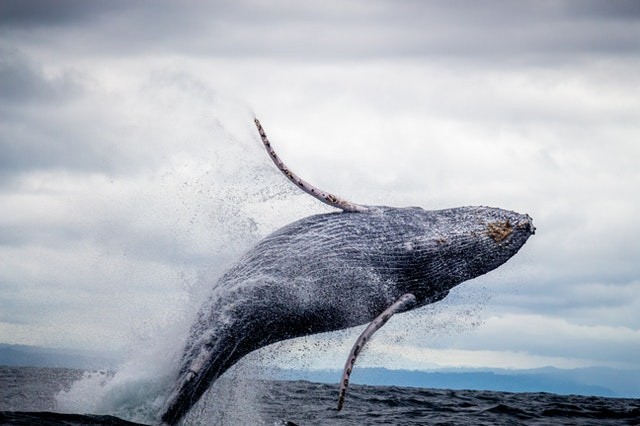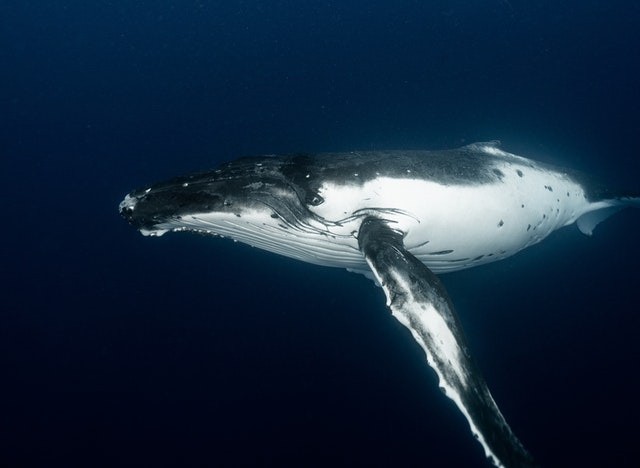A giant dead whale wasting away on an island Down Under is alluring locals and even bandits, but the rotten smell of its decaying body is keeping many of them off.
One man who went to take a look at the whale said its decomposing blubber spoilt his sneakers, and other locals have noted that they could perceive the smelly stench even at a distance of 5 kilometers (3miles) as disclosed by news sources.
Pathogens on the moldering body of the whale are another reason to stay away from the area, according to the Australian Department of Environment, Land, Water, and Planning (DELWP) in Gippsland. In a nutshell, people should stay clear of the beach, most especially because hungry sharks could be diving around, with the hope to take a bite of the 16 meters (52-foot-long) beached sperm whale, according to the department.

Corpses Of Whales Poses as Threat
Corpses of whales often pose a threat when washed ashore, as gases that makeup inside their decomposing bodies can result in nasty explosions. Most times, local authorities will as a precautionary motive blow up dead whales, as they preemptively did in 1970 to a sperm whale in the now duly called "Exploding Whale Memorial Park," in Oregon, a judgment they quickly came to lament on.
A reporter who covered the explosion, Paul Linnman said at the time, "The humor of the situation all of a sudden pave the way to a run for survival, as giant chunks of whale blubber dropped everywhere, Pieces of meat went high over our heads, while other meats were dropping at our feet."
In this scenario, a sperm whale, also known as Physeter macrocephalus is the largest toothed whale in the world which is washed up at the beach of Forrest Caves, a well known grand destination on Phillip Island in southern Australia on the 6th of March, Department of Environment, Land, Water and Planning (DELWP) Gippsland revealed in a Facebook post.
The Final Resting Place
The final resting place of the female whale on the beach is hard to get to with a machine or vehicle big enough to transport the animal, so "the whale will be left in place and not taken away," Department of Environment, Land, Water, and Planning (DELWP) Gippsland wrote.
The Department of Environment, Land, Water, and Planning (DELWP) also added that it is not legal for people and their dogs to be in reach 980 feet (300 m) of a whale, even if the whale is dead.
It is also not legal to take or have in possession the parts of a dead whale, they revealed. But that has not stopped bandits from using the night cover to steal the jaw parts of the whale, according to The Guardian.

Even as a dead whale, the whale is assisting researchers to know more about the behavior and biology of sperm whales. Scientists have taken tissue specimens, the department reported.
However "sucker marks" on the side of the whale show that the beast brawled with a big squid, an education officer, Mike Cleeland from the Australian Bunurong Environment Centre in Inverloch, reported to Gippsland ABC Radio.
Related Article : 100 Beached Whales Rescued in Sri Lanka after Mass Stranding
For more news, updates, about whales and similar topics don't forget to follow Nature World News!
© 2025 NatureWorldNews.com All rights reserved. Do not reproduce without permission.





